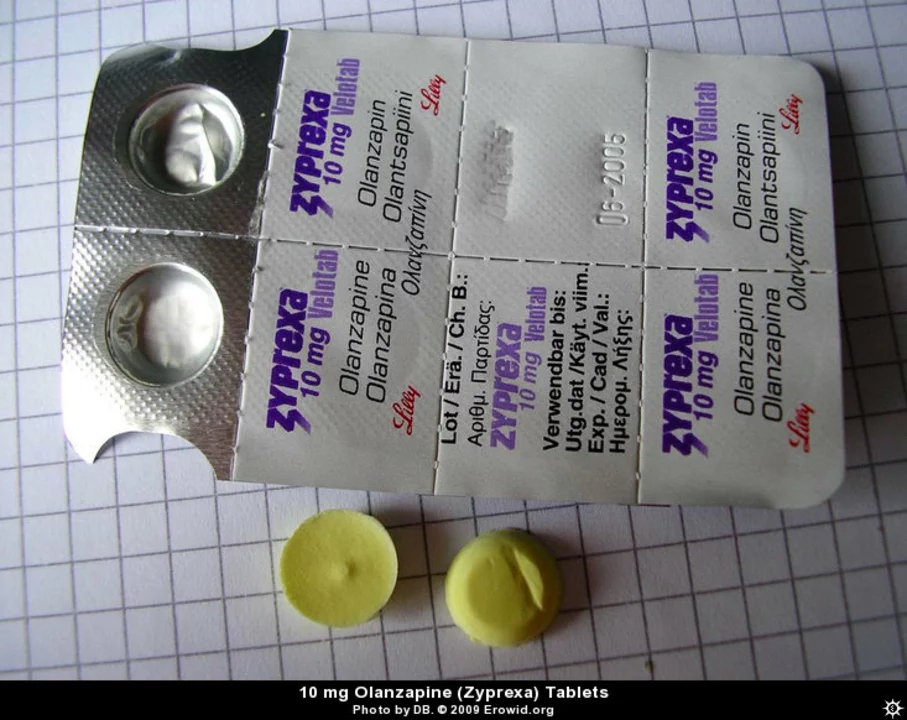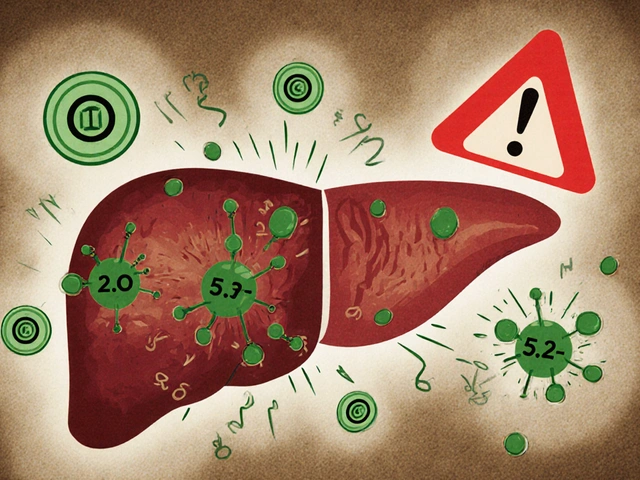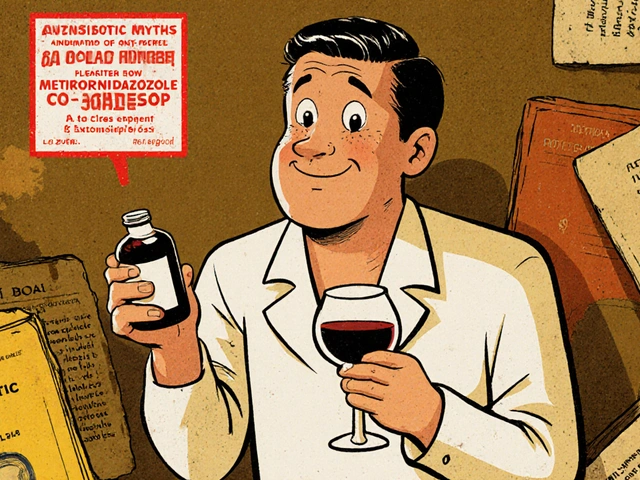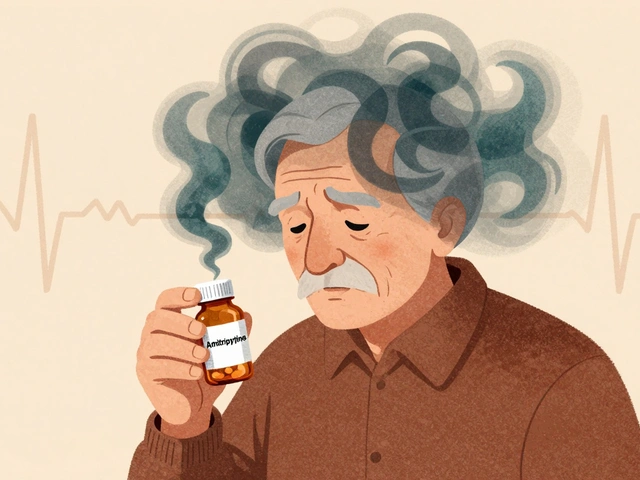Depression: Practical Help, Treatments, and Safe Medication Tips
Depression can feel like a heavy fog that changes how you think, sleep, and move. You want clear answers: what treatments work, which medicines are common, and how to get safe help online. This tag page gathers Medipond articles that explain treatments, medication choices, and trusted online pharmacy tips so you can act with confidence.
Start with the basics: psychotherapy and medication are the two most proven approaches. Cognitive behavioral therapy (CBT) helps change negative thinking patterns and usually shows benefits within weeks to months. Antidepressants — like SSRIs and SNRIs — can reduce symptoms, but they work differently for each person. Expect a trial period of 4 to 8 weeks to judge if a drug is helping. Always talk to a prescriber about side effects and how long to stay on a medication.
If you worry about where to buy meds, Medipond runs clear, practical guides to online pharmacies and prescription safety. Articles cover how to spot legit pharmacies, when a prescription is required, and red flags for scams. Those guides are useful when you need refills or price comparisons without risking counterfeit drugs.
Not all treatments are pills. Lifestyle steps matter. Regular sleep, gentle exercise like walking, and cutting back on alcohol improve mood for many people. Small routine changes—consistent sleep time, 20 minutes of brisk walking most days, and a simple breakfast—can make other treatments work better. If diet is a concern, some posts on Medipond explain how blood sugar control and medications like metformin relate to mood and energy.
Side effects and drug interactions are real and worth watching. For example, mixing certain antidepressants with other meds can raise risk of serotonin syndrome. Antidepressants may also affect appetite, weight, or sleep. Keep a symptom diary for the first weeks of a new drug and bring it to follow-up appointments.
When recovery stalls, talk options: switching drugs, adding psychotherapy, or combining treatments often helps. There's no single path that works for everyone. Shared decision-making with your clinician is the smartest approach—ask about expected benefits, common side effects, and realistic timelines.
If you have urgent thoughts of harming yourself, get immediate help. Contact local emergency services, a crisis hotline, or a trusted person nearby. Emergency care can keep you safe and connect you with quick treatment.
Practical steps you can try today
Try a simple checklist: set one goal daily, avoid alcohol for a week, and sleep same hours each night. Tell a trusted person how you feel. Book an appointment with your doctor or therapist and write down three symptoms. If cost is an issue, check our articles on prescription savings and safe online pharmacies today too.










